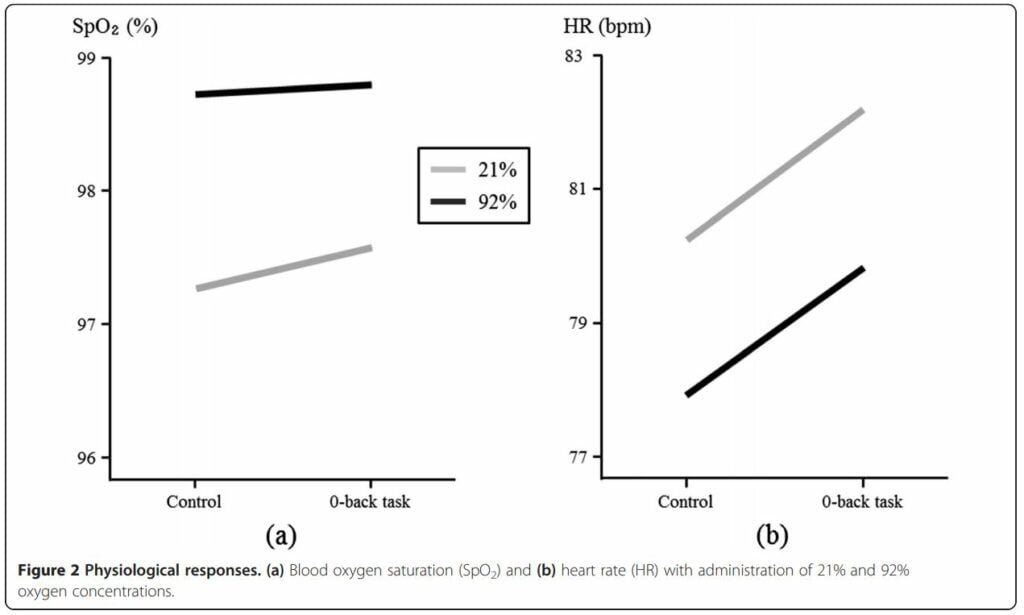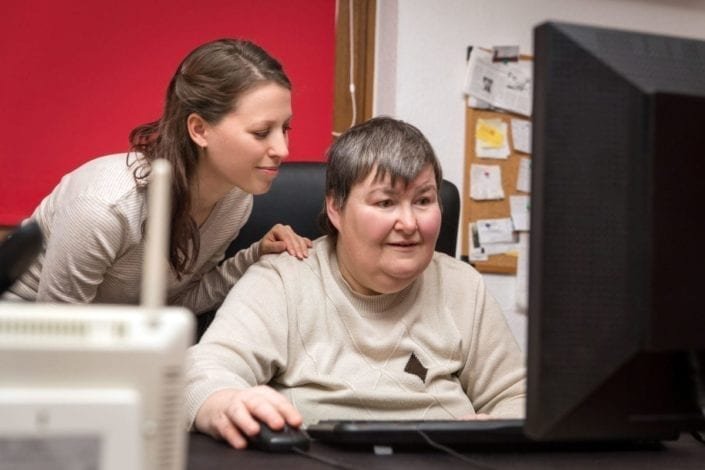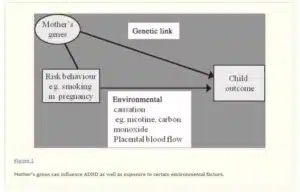The study “Effects of Bathing-Induced Changes in Body Temperature on Sleep” explores how bathing, particularly warm baths, impacts the body’s temperature regulation and sleep quality. It suggests that a warm bath taken before bedtime can promote better sleep by lowering core body temperature, which aligns with the body’s natural circadian rhythm. This cooling effect appears to aid in falling asleep faster and experiencing deeper, more restful sleep, making warm baths a potential natural remedy for sleep improvement.
In the study on the “Effects of 92% Oxygen Administration on Cognitive Performance and Physiological Changes of Intellectually and Developmentally Disabled People,” researchers investigate how administering 92% oxygen may impact cognitive performance and physiological responses in individuals with intellectual and developmental disabilities. The study aims to assess whether oxygen therapy can lead to improved cognitive function and physiological changes in this specific population. The results may provide insights into potential interventions to enhance the well-being and cognitive abilities of intellectually and developmentally disabled individuals.
The administration of 92% oxygen can positively affect (at least in the short term), the working memory of those with intellectual and developmental disability. The study involves 14 mixed male and females volunteers (aged 34±8years old) with intellectual and developmental disabilities, performing cognitive tasks in normal environment (21% oxygen) and in hyperoxic environment (92% oxygen). SpO2 and heart rate were gauged as they adapt to the environment. The volunteers were asked to press the button when a certain number appeared and their response time was taken. Results showed that the volunteers had better accuracy while having higher SpO2 levels and lower heart rates during the tests.


Faqs
Q1: What is the purpose of administering 92% oxygen to intellectually challenged individuals?
A1: The purpose is to explore whether oxygen therapy can positively impact cognitive performance in this specific population.
Q2: How is the study conducted, and how is cognitive performance assessed?
A2: The study typically involves controlled administration of 92% oxygen, and cognitive performance is assessed through standardized tests and measurements.
Q3: Are there any potential risks or side effects associated with this oxygen therapy for intellectually challenged individuals?
A3: Oxygen therapy is generally considered safe, but it’s essential to be administered under medical supervision. There may be minimal risks, such as oxygen toxicity, but these are carefully managed.
Q4: What is the expected timeframe for observing improvements in cognitive performance?
A4: The timeframe for observing improvements can vary among individuals, but typically, it may take several sessions or weeks for potential cognitive changes to become apparent.
结论
The study on the effects of administering 92% oxygen to intellectually challenged individuals offers valuable insights into the potential benefits of oxygen therapy for this specific population. While the FAQs above highlight important aspects of this research, it is important to note that the findings may not necessarily apply universally to all individuals, and individual responses may vary.
The study contributes to our understanding of how oxygen therapy can be a potential intervention to enhance cognitive performance in intellectually challenged individuals. It underscores the importance of personalized care plans and medical supervision when considering such therapies. The results open avenues for further research, which may lead to more tailored and effective interventions to improve the cognitive well-being of intellectually challenged individuals.
As with any medical intervention, it is crucial to consult with healthcare professionals and consider the specific needs of each individual when exploring the potential benefits of oxygen therapy for cognitive enhancement in intellectually challenged populations.





